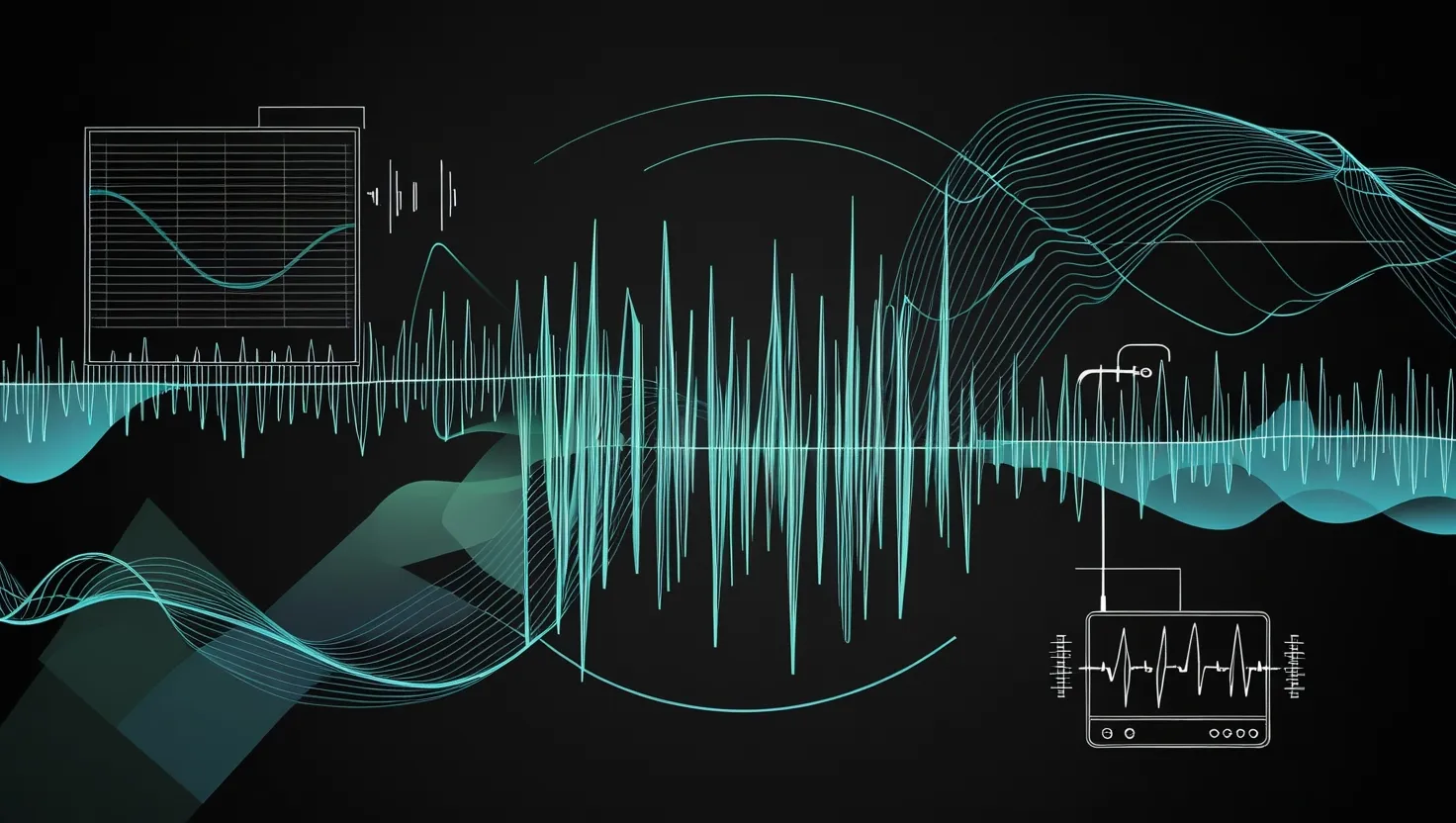Nearly a decade ago, on December 14, 2012, the nation was shaken to its core by the tragic events that unfolded at Sandy Hook Elementary School in Newtown, Connecticut. A 20-year-old named Adam Lanza carried out a brutal attack that ended the lives of 26 people, including 20 young children and six educators. Lanza then took his own life, leaving behind a community and a country in profound grief.
In the wake of this appalling tragedy, a barrage of conspiracy theories emerged, making the nightmare even more surreal. Among the loudest voices peddling these dangerous narratives was Alex Jones, a notorious media figure. Jones, through his platform InfoWars, propagated the wildly unfounded claim that the massacre was a fabrication, suggesting it was a “false flag” operation by the government designed to push for stricter gun control laws. According to him, the event was staged with actors and no one actually died. These conjectures weren’t just baseless—they were deeply hurtful, heaping additional suffering on already devastated families.
What made these conspiracy theories particularly egregious was their varied and often contradictory nature. Some insisted it was a government ploy, while others bizarrely claimed that the entire shooting event never happened. Despite a mountain of evidence, including eyewitness testimonies, forensic reports, and thorough investigations, these falsehoods continued to gain traction.
The heartbreak these theories inflicted on the families who lost loved ones is almost incomprehensible. Besides nursing their unbearable grief, these parents and relatives had to deal with harassment and death threats from conspiracy believers. Imagine mourning a child lost in such a horrific manner and then being accused of being part of a hoax. It’s beyond cruel. Scarlett Lewis, mother to Jesse Lewis who perished that day, even confronted Alex Jones directly to bring home the brutal reality of her son’s loss.
Determined to fight back, the families resorted to legal action. Several lawsuits were filed against Jones and others who had perpetuated these harmful lies, primarily for defamation. These legal efforts aimed to hold these individuals accountable for the pain they caused. In a significant victory for the truth, a Connecticut court ruled in favor of the victims’ families in 2018, ordering Jones to pay substantial damages.
These lawsuits marked a pivotal moment in the battle against harmful misinformation. They underscored that spreading false claims, especially those targeting vulnerable people, comes with consequences. However, the persistence of such conspiracy theories points to a larger issue within American society—a troubling susceptibility to misinformation.
The Sandy Hook tragedy also reignited discussions around mental health and gun control. The incident highlighted glaring gaps in mental health services, bringing to light Adam Lanza’s troubled history marked by significant mental health challenges and social isolation. These discussions aimed to understand and hopefully prevent similar tragedies in the future. Yet, despite these conversations, meaningful reforms have often stalled due to political stalemate and lack of funding.
Sadly, ten years on, the impact of these conspiracy theories remains a significant challenge. Not only did they deeply wound the families of the victims, but they also contributed to a broader erosion of public trust in institutions and reliable information sources. Sandy Hook serves as a grim reminder of the dangers posed by misinformation and highlights the importance of verifying facts from credible sources.
Recent studies show an alarming trend that a significant portion of Americans believes in these conspiracy theories. Such beliefs aren’t limited to a particular political ideology—they speak to a wider societal issue with embracing unfounded theories. This is why fostering critical thinking and media literacy is crucial in the fight against misinformation.
The battle against these damaging myths continues. The families of Sandy Hook victims, showing immense courage and resilience, persist in their advocacy for truth and justice. Their relentless efforts have led to notable changes. A landmark settlement with Remington Arms, the manufacturer of the rifle used in the shooting, resulted in the largest payout ever by a gun company to victims of a mass shooting. This case challenged the federal protections usually afforded to firearms manufacturers.
To sum it up, the massacre at Sandy Hook was a horrifying and all-too-real event that claimed 26 innocent lives. The conspiracy theories that followed only added to the sorrow and trauma of those left behind. The legal victories and ongoing advocacy by the families underscore the critical importance of truth and accountability in an age rampant with misinformation. As we navigate these challenging waters, the story of Sandy Hook stands as a powerful reminder of the virtues of empathy, the necessity of critical thinking, and an unwavering commitment to factual information.






